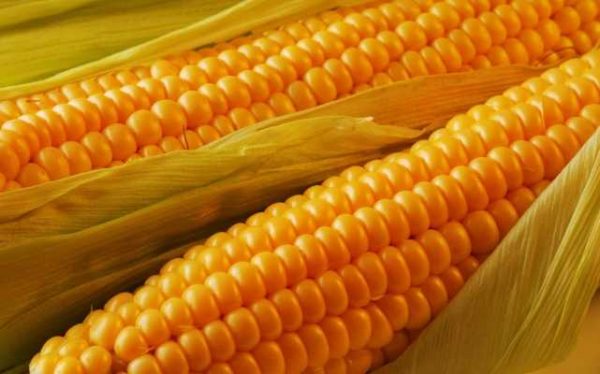
Udaipur : Maharana Pratap University of Agriculture and Technology (MPUAT) has inked a MoU with a Gujarat based company INDO US Bio-tech Limited for the production and marketing of Pratap Maize 3, a hybrid variety developed by the university for the farmers of Zone 5 four states viz. Rajasthan, Madhya Pradesh, Gujarat and Chhattisgarh.

“We have given a non exclusive license for 3 years to the company for production and sale of certified seeds of the Pratap Hybrid Maize-3 variety. The company has agreed to buy the breeder seed of the variety with male and female parents’ at a price of 400 rupees per kilogram annually” the vice chancellor NS Rathore told .
The company would put visible name of the university on each of the seed packets of the hybrid variety. The university would receive annual royalty calculated at the rate of 4 percent of the sale value of commercial seeds marketed by the company during the period of agreement.
MPUAT will provide parental lines (male & female) to the licensee for the production of hybrid of maize as per rolling plan mutually agreed by both the parties. Further, the demand of required quantity of parental line should intimated at least one year before the date of supply. The company can multiply the parental seeds to meet out their own requirement, but will not be allowed to produce and sale the seed of parental lines in the market.
The sale would be permitted in the name of Pratap Hybrid Maize- only for the zone/area for which they have been recommended and notified. In Rajasthan, there is a requirement of 2.5 quintal of certified maize seeds and the seed replacement rate is only 50 to 55 percent which is comparatively lower. With the commercial production of the hybrid seed variety, more farmers would benefit of the university’s research. Head of the Department of Plant Breeding and Genetics, Prof RB Dubey, the scientist who developed the variety, said the variety is ready for harvest in 85-90 days and gives a yield of 55-60 quintal/hectare. The fodder plant remains green for a longer time.
